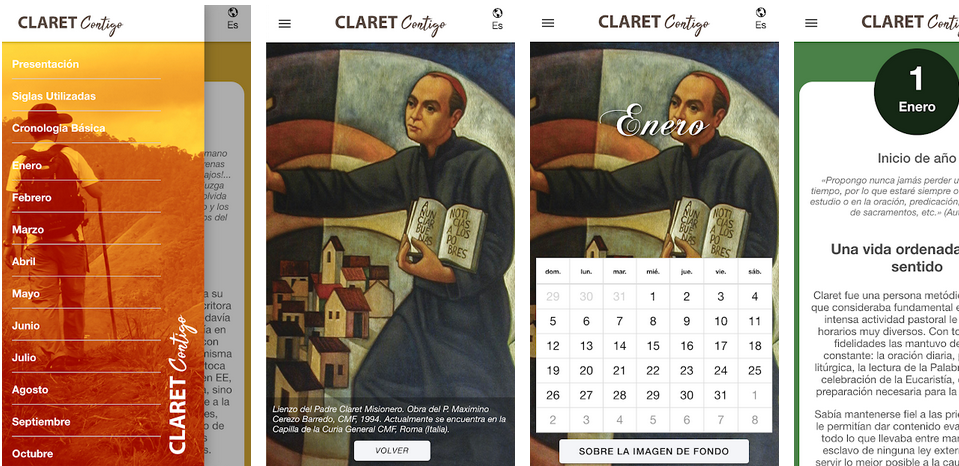TENDERNESS AND COMPASSION
Tenderness and compassion are very noble and evangelical sentiments because they show that other peoples’ pain affects us and impels us to do all we possibly can to eliminate it or, at least to alleviate it. It also moves us to fight against its causes. It affects us because we feel that somehow, the other person is part of us, is our brother.
Without doubt, mercy was one of the sentiments that marked Jesus’ life. The Synoptic Gospels report many times that Jesus felt compassion and mercy for the pain of others, especially for the pain of the lowly majority that accompanied him. “He saw many people and had pity on them and cured their sick” (Mt 14,14). It is said that he felt compassion for a leper (cf. mc 1,41), for two blind people (cf Mt 20,34), for those who had nothing to eat (cf 8, 2; Mt 15, 32), for those who were like sheep without a shepherd (Mc 6,34; Mt 9, 36), for the widow of Nain whose son had just died (cf Lc 7, 13). At least in four miracle narratives, Jesus heals after the plea – “have mercy on me” (Mt 20, 29-30; 15, 22).
Thus Claret was in this, as in many other things, a faithful disciple of Jesus. Through his biography we know many acts of compassion. From great endeavours of human promotion – like the agriculture school at Camagüey in Cuba which he constructed with his personal resources (not with diocesan funds), the selling of his pectoral cross in order to pay the cost of a journey for a poor man, to his custom of visiting and preaching to prisoners and the sick in the hospitals. When he went into exile, his small savings were discovered in the drawer of his table in three little bags, each with an inscription on it. On one was written- “for the poor”.
And I? Do I have mercy in the face of the needs of others?






